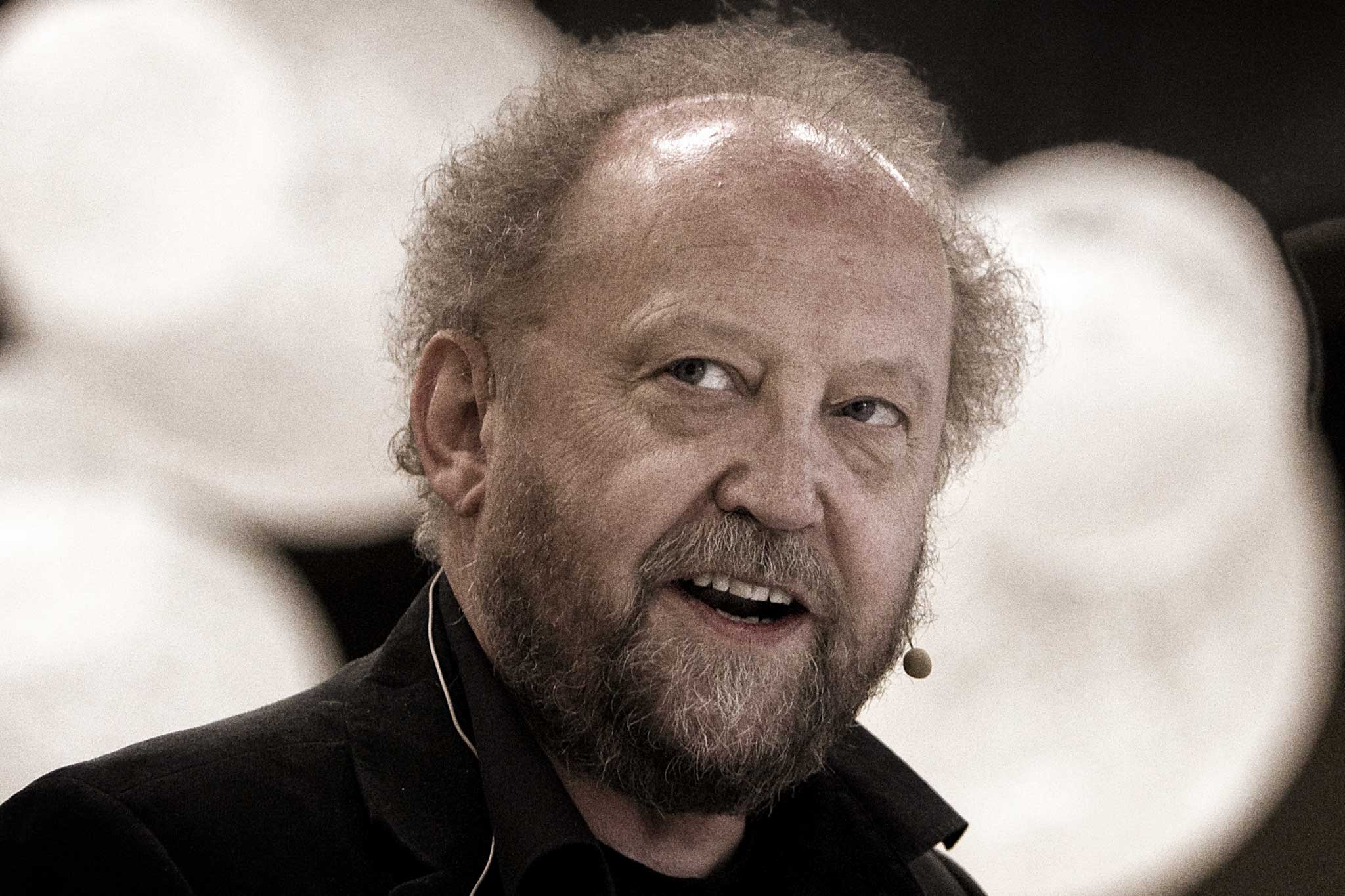The political landscape has been changing for at least ten years when it comes to the future of the meetings and event industry. The right-wing parties in countries like, for example, Poland, Hungary, Turkey, and Brazil are all swinging to cut down public service on TV. So, even Denmark. And look at Donald Trump in the US. This is the start of something terrible.
The Fragile States Index, produced by the Fund for Peace, is a critical tool in highlighting not only the normal pressures that all states experience, but also in identifying when those pressures are pushing a state towards the brink of failure.
The index, and the social science framework and software application upon which it is built, makes political risk assessment and early warning of conflict accessible to policymakers and the public at large. Let’s learn from it.
You will find Finland as the most stable country at number 1, Norway 2, Switzerland 3, Denmark 4, Iceland 5, New Zealand 6, Sweden 7, Canada 8, Luxembourg 9, Australia 10. Look at the UK and the US, both at place 29. It’s an index you should study a little more in-depth.
The Fragile States Index may not mean anything to the meetings and event industry yet, as the pandemic in this troubled time still has a pole position in many governments minds around the world. However, a few markets in Asia, like Taiwan, Singapore and Korea and destinations like Sydney/Australia are slowly opening up if that means allowing 300 participating delegates instead of 50.
The next step in many destinations will be to open the doors for at least 500 participants indoors. Germany allows up to 1,000 people indoors from October 1st, if this hasn’t changed during printing this edition.
At the same time, the bigger question and the more significant political perspective is a development that right-wing parties in many destinations in the world, who have moved their positions, want to take advantage off.
Lockdowns create more significant quarrels on the direction to riots in society. This behaviour creates space to make stricter laws with increasing power over the people.
First, control the public service, and let social media free without control and after that, the power of the courts. The next step comes to universities. Knowledge hubs as universities can be dangerous and a threat for the right-wing parties.
It is worrying when politicians step into trying to take control of the universities and their research even though they are not educated researchers or educated at all; they want to control research and information. Look at the developments in countries, like the one’s mentioned above, where illiberal radical nationalist forces have come to power. They try to limit what knowledge production should prevail.
The university “free speech crisis” has been a right-wing myth for 50 years, according to the British daily newspaper The Guardian. The myth of the “free speech crises” cannot be divorced from the broader rise of the global far-right.
In some countries, universities are accused of being left-wing bastions, unwelcoming to conservative and right-wing professors. It is the door the right-wing parties want to shut. Research and Development should always support the progress for research including diversity, gender, racism or climate that is still against the right-wing establishment.
If we allow this political perspective to take over, Research and Development will face a tremendous and dangerous period. A period in our time that will seriously negatively affect the meetings and event industry.
The face-to-face meeting must always be protected. There, the entire meetings and event industry must fight. There, the world’s convention bureaux must raise their voices. Otherwise, we have crossed the line to dismantle the knowledge society. And by that, we will dismantle the meetings and event industry.


